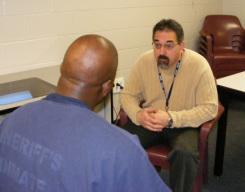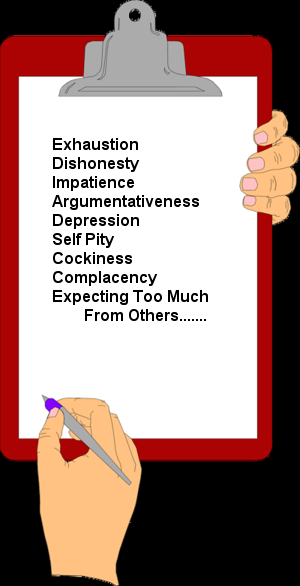Finding a Church to Support Your Recovery
Because recovery is a spiritual journey, it will result in spiritual changes as well as emotional and physical ones. That is one reason, among many, why having a supportive faith community during recovery can be  crucially important. In addition to the resources of a therapist and/or a support group, having a safe community of people with whom to worship and learn can be a big help.
crucially important. In addition to the resources of a therapist and/or a support group, having a safe community of people with whom to worship and learn can be a big help.
Finding such a community may not, unfortunately, be easy. It is not difficult to find congregations with a performance orientation and a spirituality rooted in shame. That is not always the case, however, and it’s well worth the effort to find a congregation that is at least sympathetic to recovery. There are, of course, no perfect churches out there – just as there are no perfect support groups, perfect therapists or perfect programs. So, give careful thought to what you really need from a church during this time in your life. If you have a supportive group and a therapist, you may not need a congregation to have recovery programming. It may be more important to have a place where you can experience grace-based worship and teaching.
Finding a Church to Support Your Recovery Read More »








